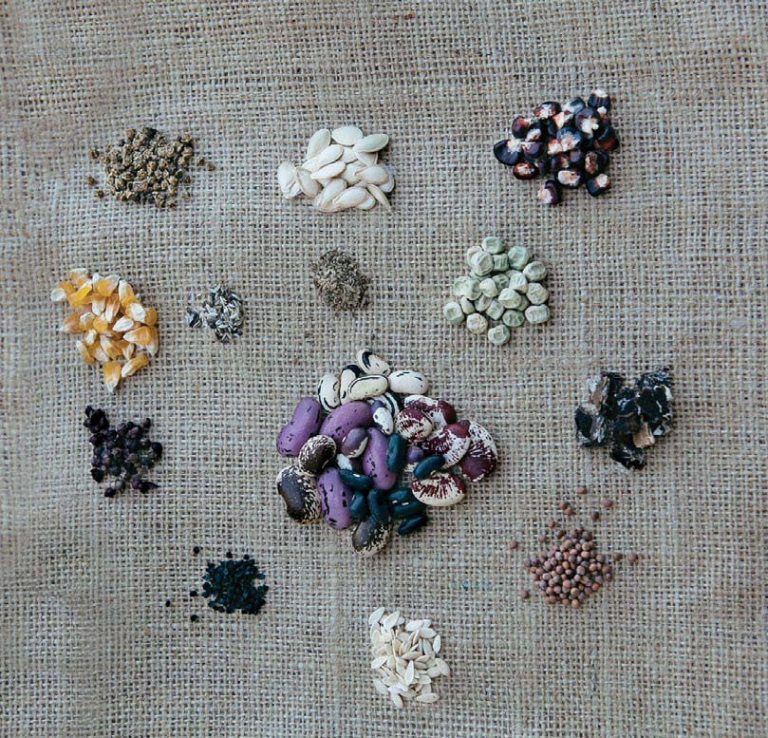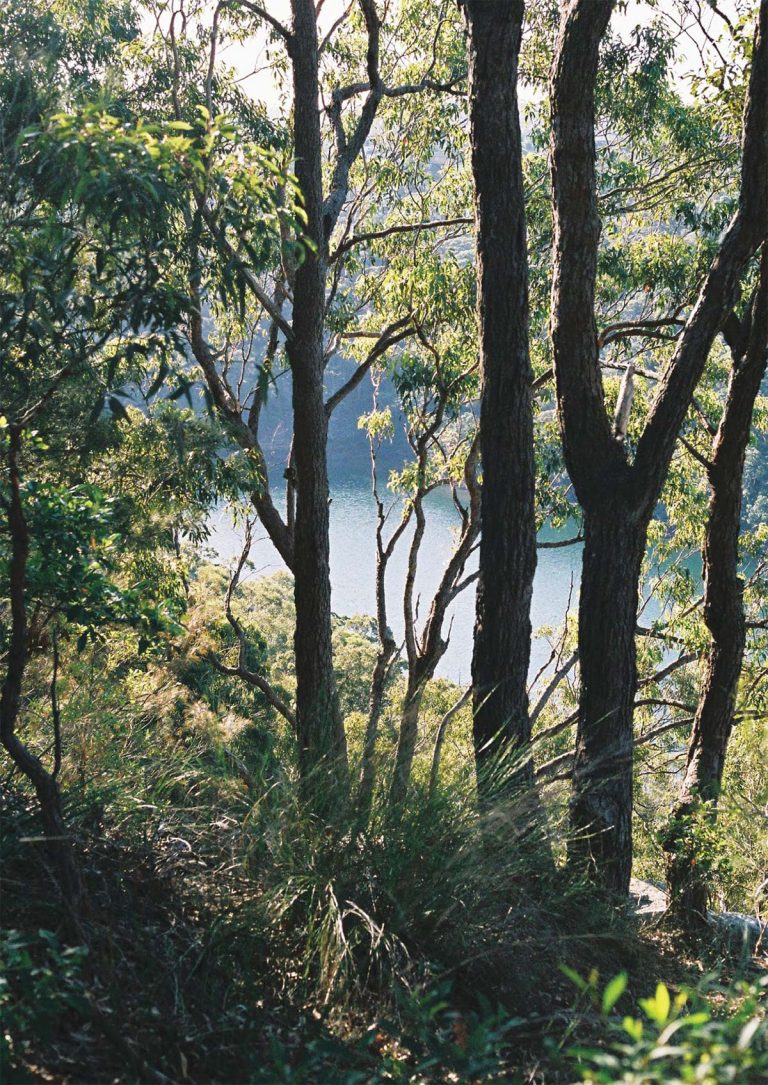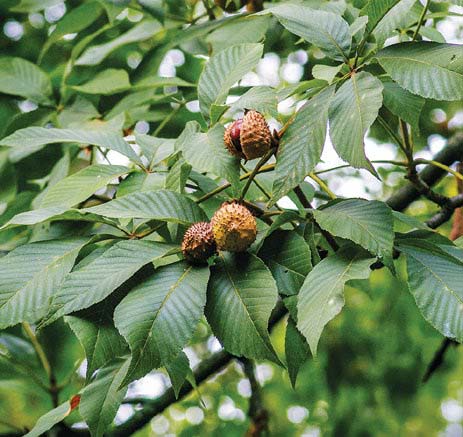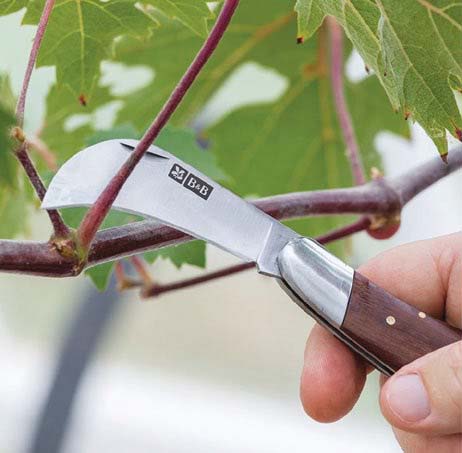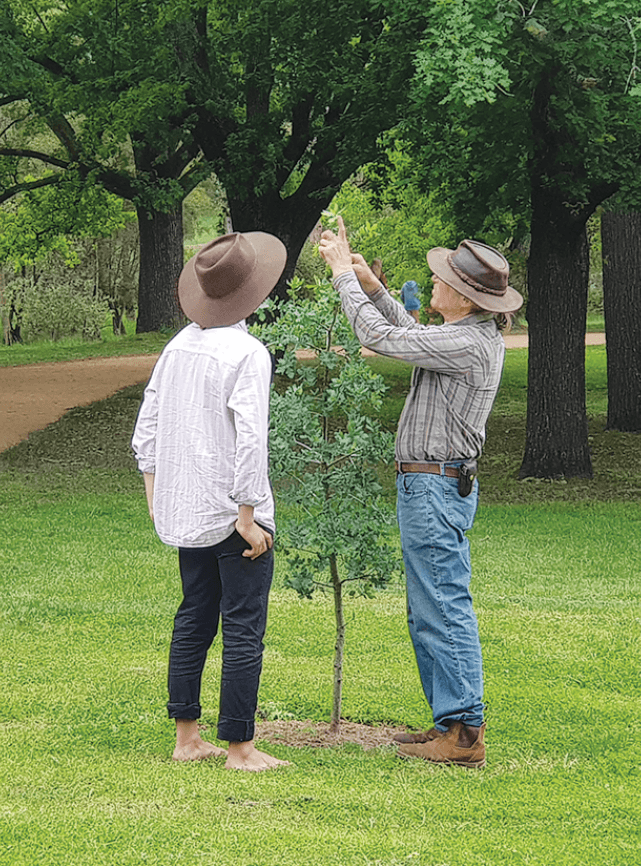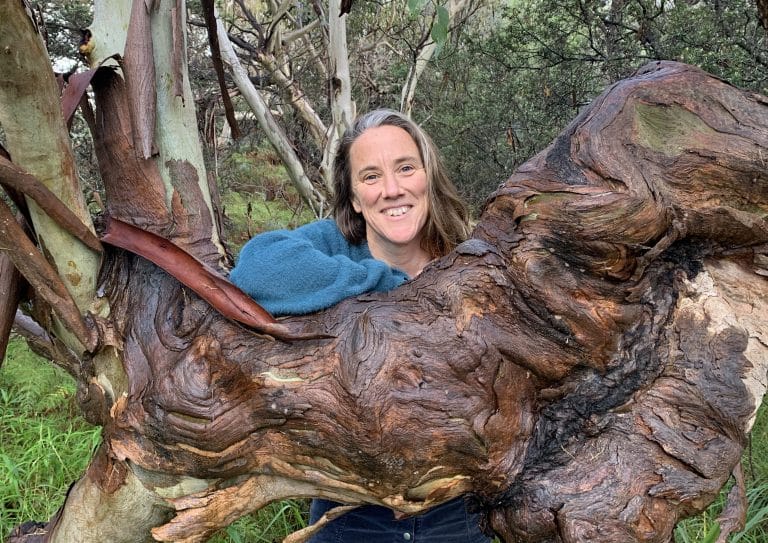Coffee Grounds
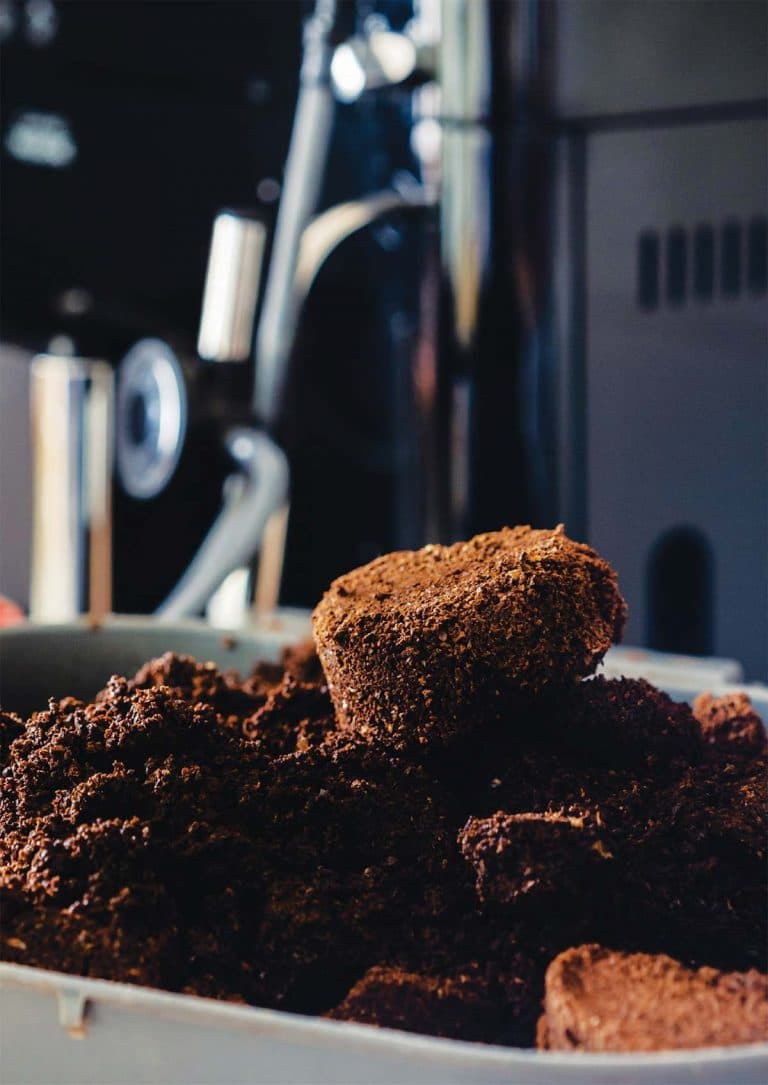
Using spent coffee grounds is one more way for us to turn so-called waste into a useful and valuable resource around the home.
An average cafe collects around 320 kilograms of coffee grounds each month and if it gets put into landfill, where it breaks down anaerobically, it converts to harmful greenhouse gases.
In The Garden
Spent coffee grounds contain a whole range of useful things for gardeners, like nitrogen, potassium, calcium and trace minerals. While coffee grounds can be sprinkled sparingly – no more than one handful per square metre – straight onto the garden, they can be acidic, so you’re better off adding them to your compost or your worm farm to break down and neutralise the acid. If you do opt to use them directly on your garden, aim to use them around acid-loving plants like blueberries, and steer clear of any seedlings, where research has shown it can stunt young plants’ growth, and a light application is key. If you’re unsure, observe any impacts it has on your beds by performing a soil test.

